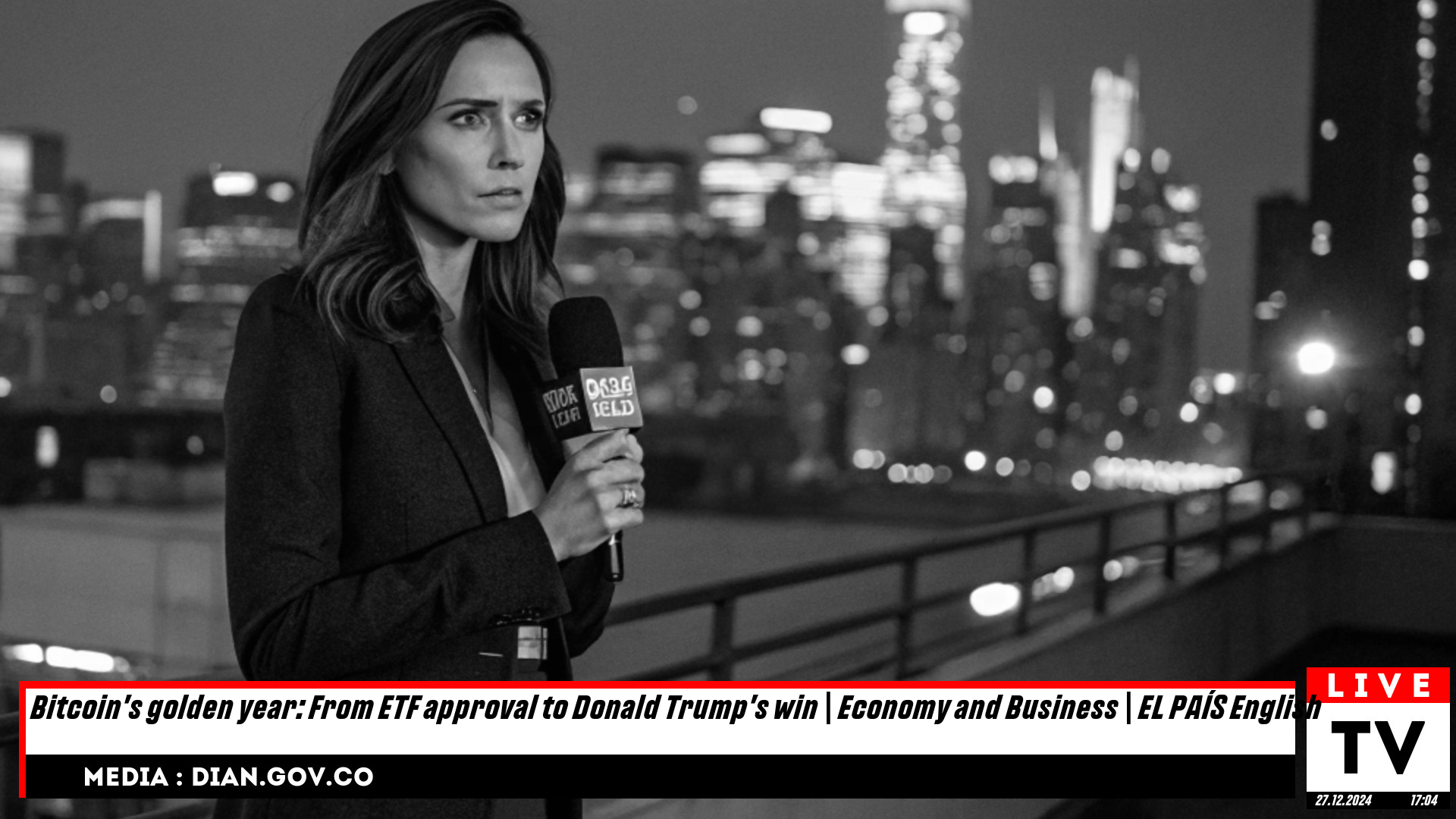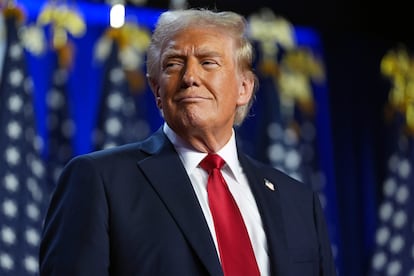"Bitcoin brilla en 2023: Desde la aprobación de ETFs hasta el triunfo de Trump"

El 10 de enero de 2024 será una fecha que tanto inversores como empresas marcarán en sus calendarios. Ese día, el mundo de las criptomonedas recibió la aprobación de Wall Street y de la Comisión de Valores y Bolsa (SEC) para los fondos cotizados en bolsa (ETFs) de bitcoin, lo que dio inicio a un año dorado para la criptomoneda más popular. Bitcoin superó todas las expectativas, impulsado por la llegada de nuevos inversores y la victoria de Donald Trump, lo que provocó un incremento desenfrenado en su precio, rompiendo la barrera psicológica de los $100,000. El evento de halving (un cambio en la mecánica de distribución de nuevos bitcoins), junto con un entorno macroeconómico favorable y recortes de tasas de interés por parte de los principales bancos centrales, alimentaron aún más su ascenso, convirtiendo 2024 en uno de los años más sobresalientes del bitcoin desde su creación en 2009.
The approval of bitcoin ETFs, after a long journey that began with the rejection of initial applications by the regulator in 2013, marked the official entry of cryptoassets into traditional finance. This milestone, which opened the door to broader access for investors and institutions alike, was initially met with little market reaction, as the price barely moved. However, nearly 12 months later, it is widely regarded as a turning point in the crypto ecosystem. The entry of major fund managers such as BlackRock, Fidelity, and Grayscale (the backers of bitcoin ETFs) has been crucial in driving the acceptance and adoption of crypto assets among both retail and institutional investors. In less than a year, these ETFs have become the most successful in history, surpassing $100 billion in total assets — compared to $285 billion for gold ETFs over their entire history.
Javier Molina, an analyst at eToro, believes that while the approval of bitcoin ETFs was a significant milestone, it must be viewed in a broader context. The launch of ETFs alone wasn’t enough; it was also the creation of the financial infrastructure that allows bitcoin to be considered a legitimate asset class, he explains. “It’s not the same to launch just ETFs as it is to create an options market for them, like the options on the iShares Bitcoin Trust ETF [IBIT, approved in November], managed by BlackRock. This addition attracts new investors and establishes the entire trading infrastructure,” explains Molina. This fund, currently the most successful on the market, manages over $55 billion in assets. The options market not only provides liquidity but also gives investors advanced financial tools to manage risk and speculate on price movements.


"Los colibríes: maestros de la vida extrema y su sorprendente adaptación" | Ciencia | EL PAÍS Inglés

"Vega: La Estrella que Brilla Más Allá del Sol"

"Cabalgando hacia la tradición: La pesca de camarones revive en Bélgica" | Cultura | EL PAÍS English

Cuando los intelectuales apoyan el fascismo: una reflexión contemporánea | Cultura | EL PAÍS English

Jon Lee Anderson advierte: “No puedo descartar una guerra civil en EE. UU.” | Cultura | EL PAÍS English

¡Alerta en Chocó! Un policía y un ingeniero son secuestrados durante un paseo en lancha.

